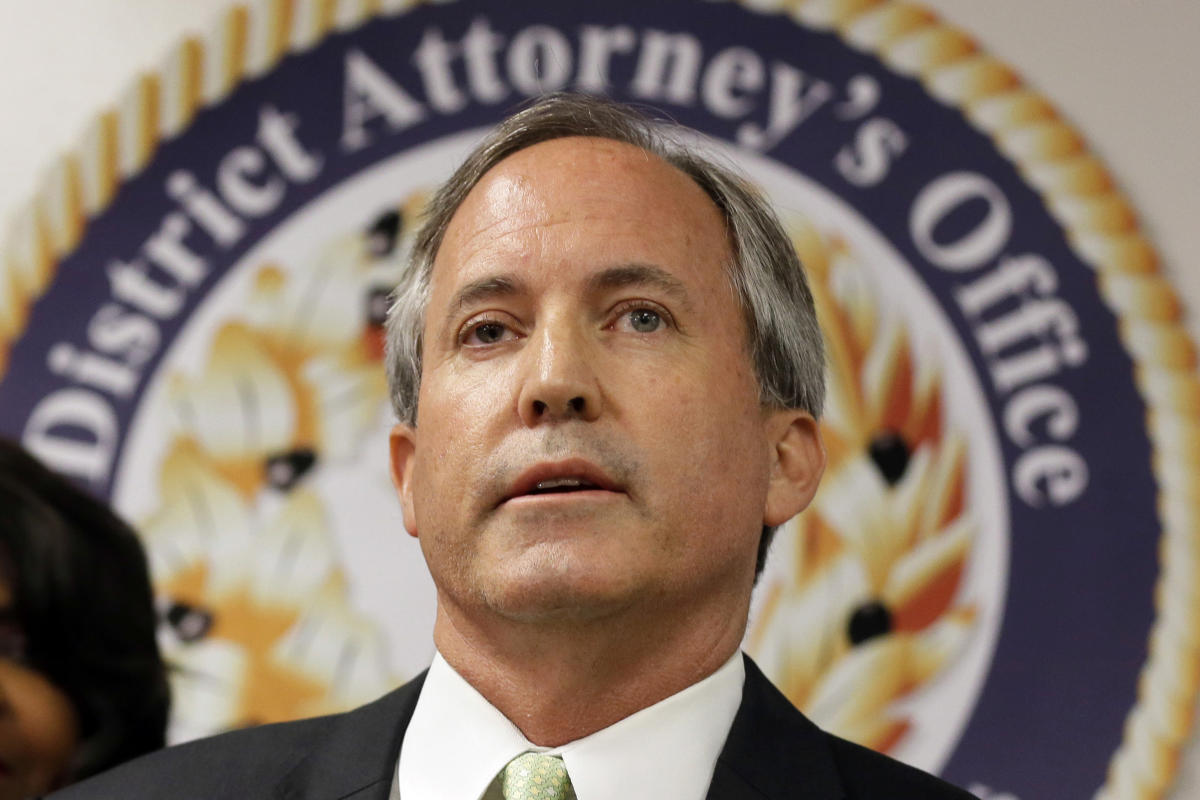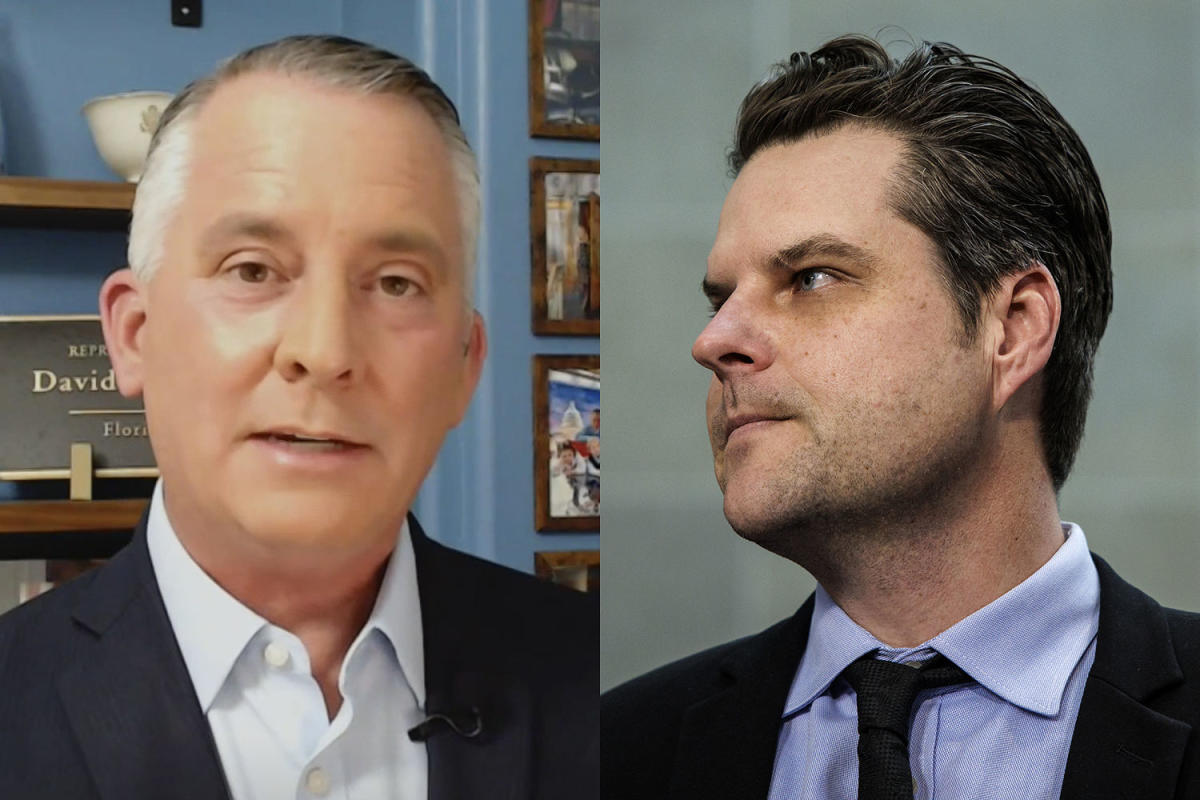
The Texas Supreme Court on Friday overturned a lower court ruling that state Attorney General Ken Paxton testify in a whistleblower lawsuit at the heart of impeachment charges brought against him in 2023.
The court on Friday said Paxton’s office does not dispute any issue in the lawsuit by four former Paxton employees and agreed to any judgment in the case.
“In a major win for the State of Texas, the state Supreme Court has sided with Attorney General Paxton against former OAG employees whose effort to prolong costly, politically-motivated litigation against the agency has wasted public resources for years,” a statement from Paxton’s office said.
Advertisement
Advertisement
Newsletter: The Yodel
Trusted news and daily delights, right in your inbox
See for yourself — The Yodel is the go-to source for daily news, entertainment and feel-good stories.
An attorney for one of the plaintiffs declined immediate comment, and a second attorney did not immediately return a phone call for comment.
The former employees allege they were improperly fired or forced out for bringing to the FBI allegations that Paxton was misusing his office to protect a friend and campaign donor, who in turn, they said, was helping the attorney general to conceal an extramarital affair.
The Supreme Court ruling noted that the Texas governor and Legislature have expressed a desire to hear testimony from the witnesses prior to agreeing to appropriate funds to settle the lawsuit.
The court said forcing Paxton, First Assistant Attorney General Brent Webster, Chief of Staff Lesley French Henneke and senior advisor Michelle Smith to testify earlier could improperly be used for legislative purposes in deciding any appropriation.
Advertisement
Advertisement
Under the preliminary deal, Paxton agreed to apologize to the former employees for calling them “rogue” employees, settle the case for $3.3 million and ask the state to pay for it, prompting the state House to reject the request and begin its own investigation, leading to the vote to impeach him.
Paxton was ultimately acquitted after a Senate trial.
The Supreme Court termed its ruling conditional upon the lower trial court complying with the decision, while saying it is “confident the trial court will comply” with the order.
EMEA Tribune is not involved in this news article, it is taken from our partners and or from the News Agencies. Copyright and Credit go to the News Agencies, email news@emeatribune.com Follow our WhatsApp verified Channel





